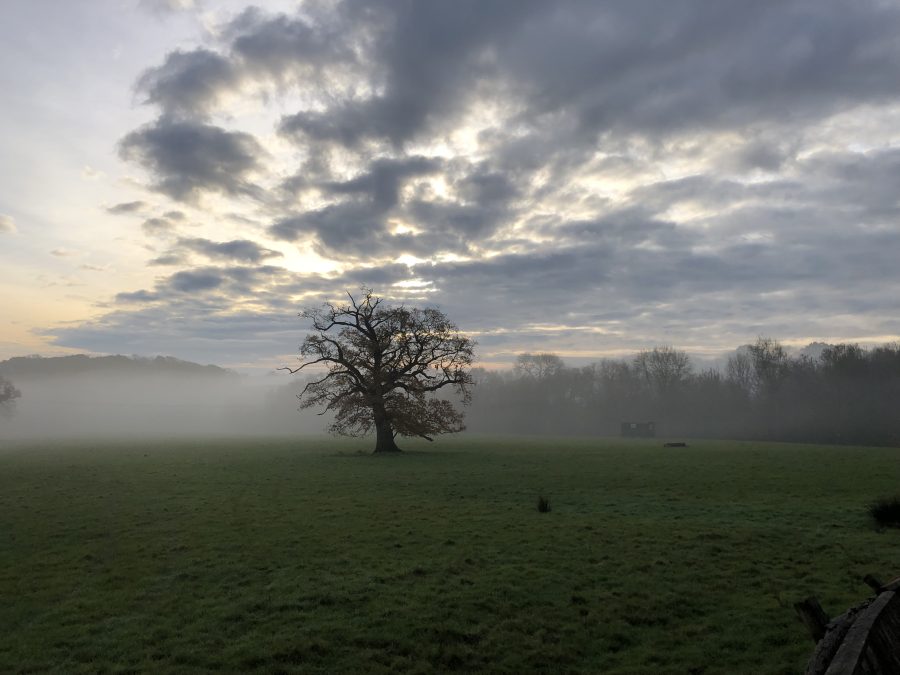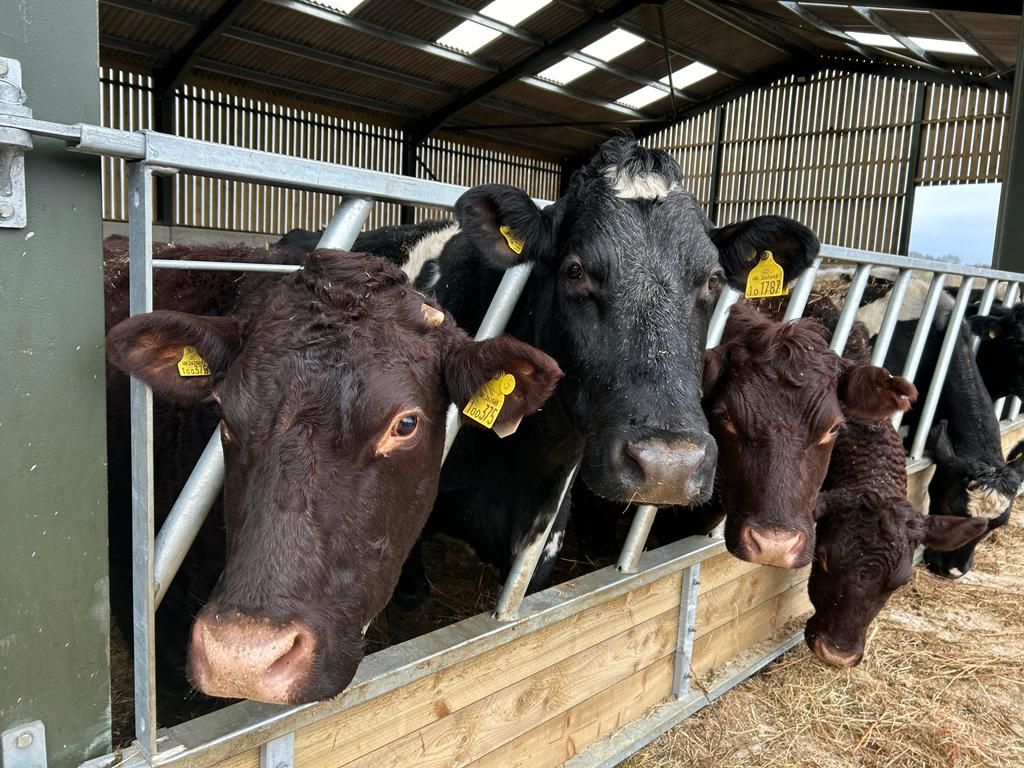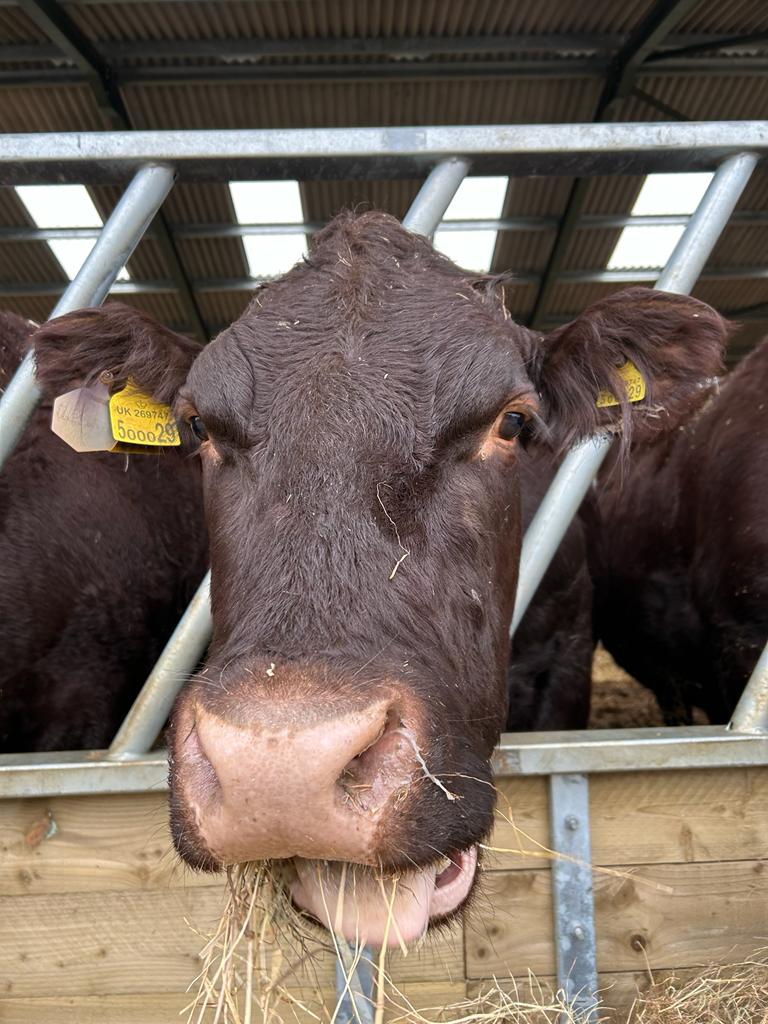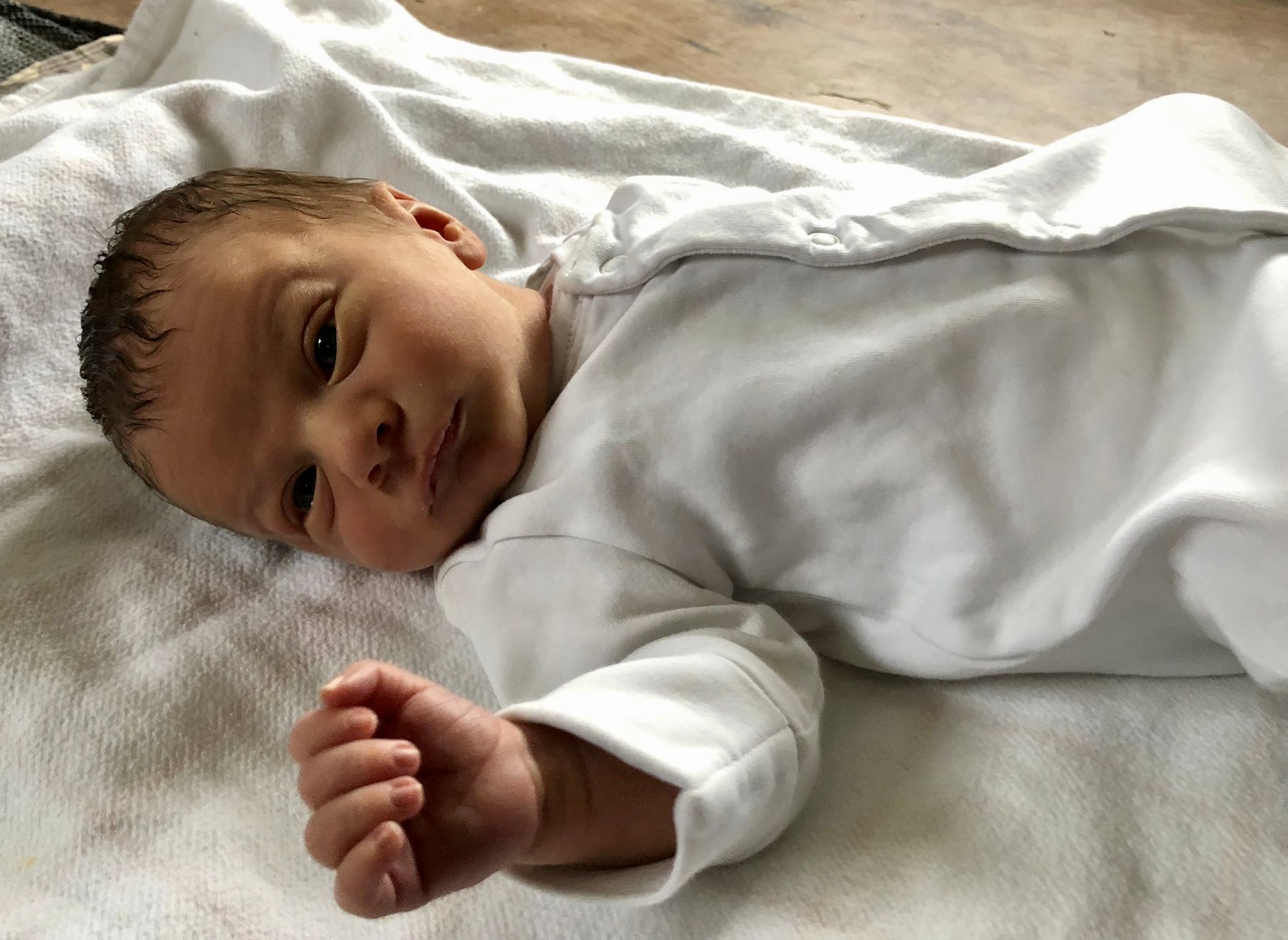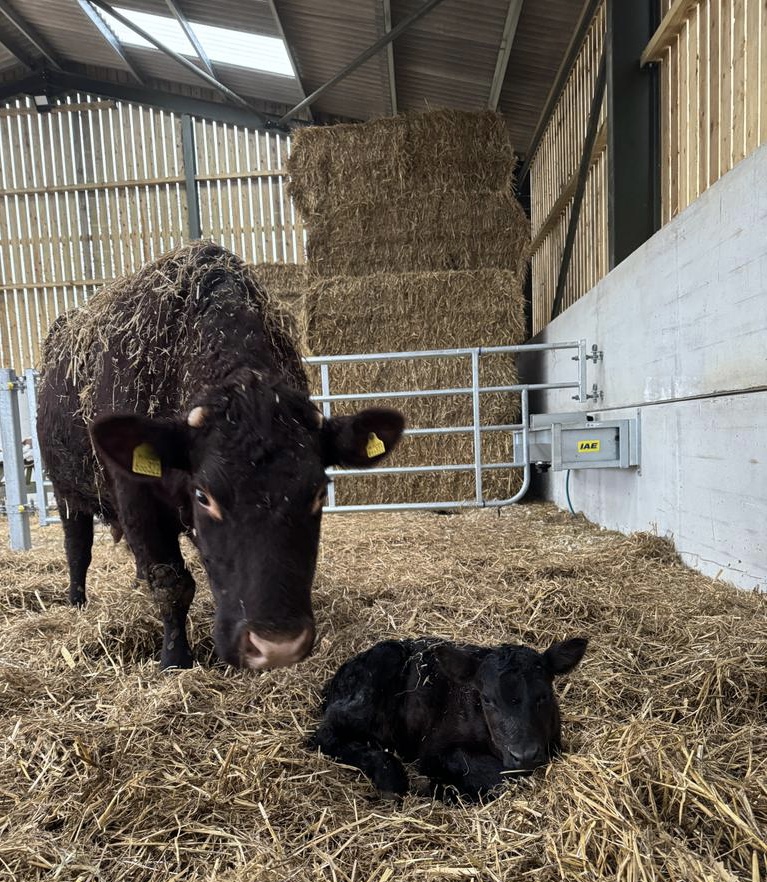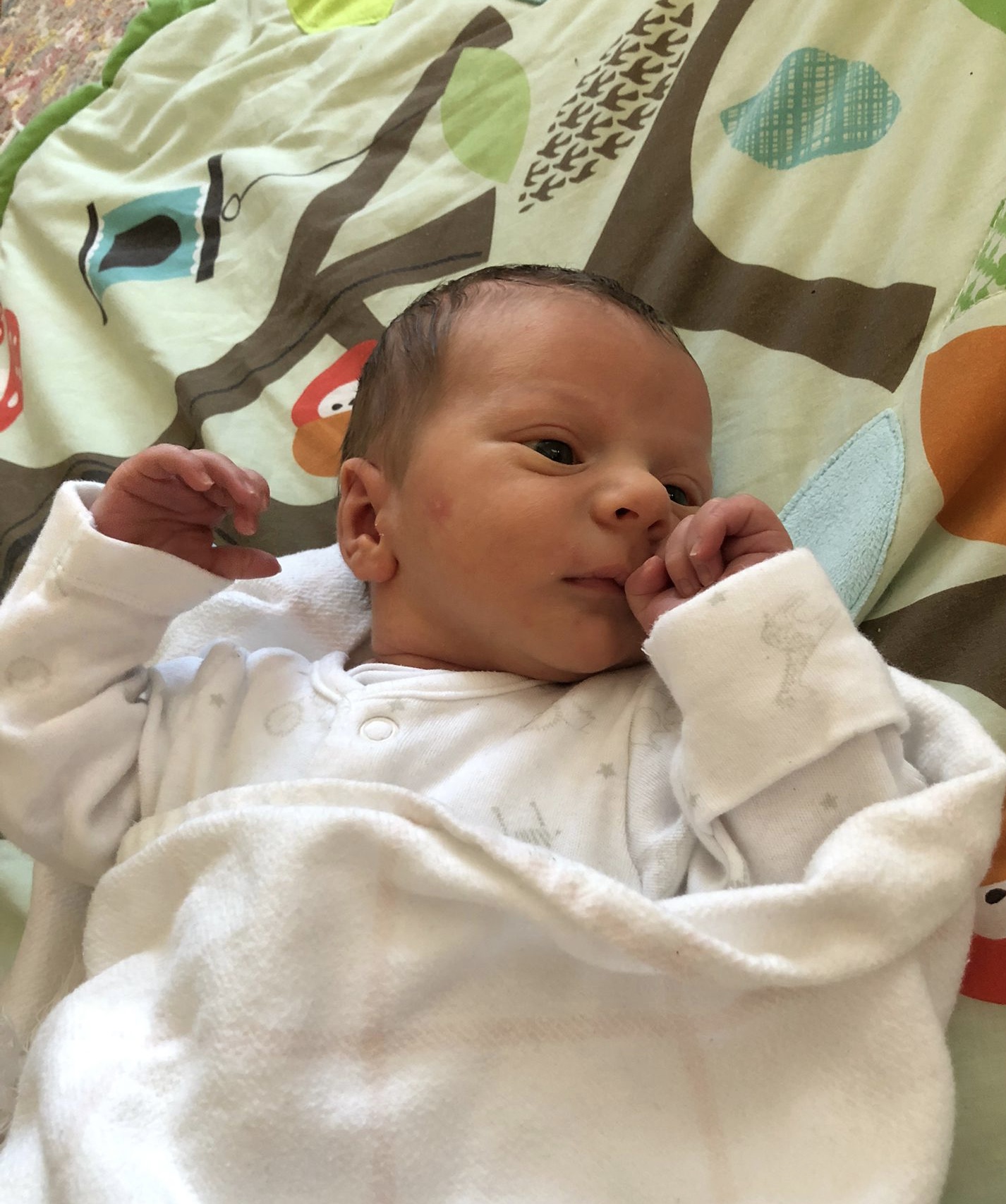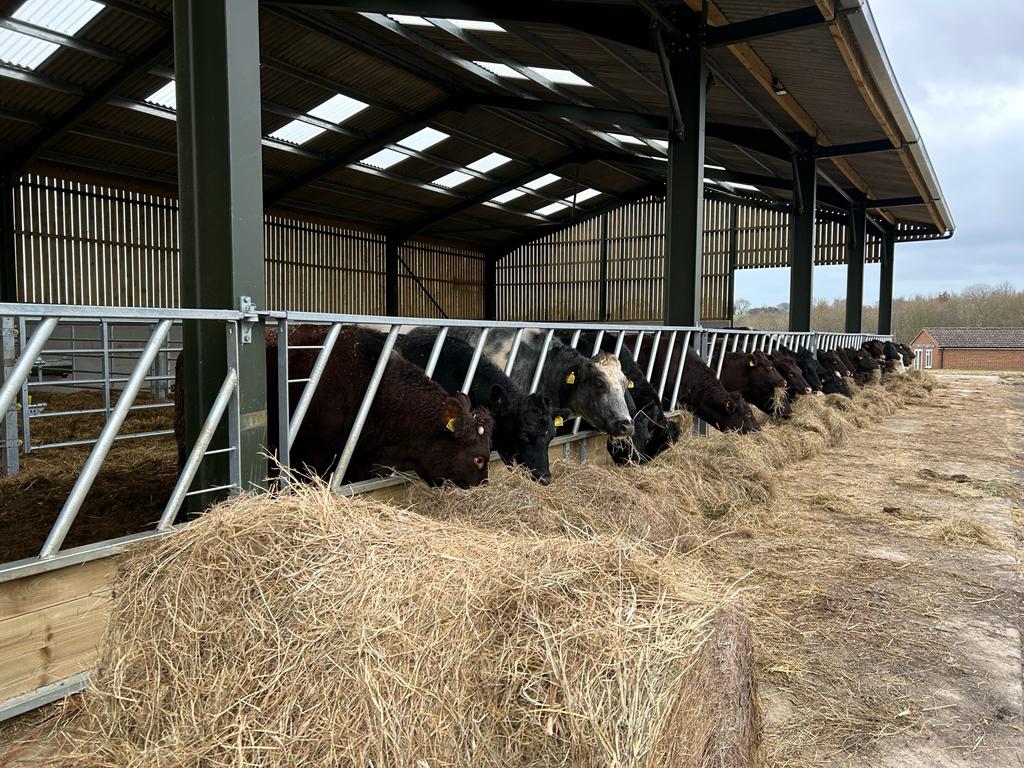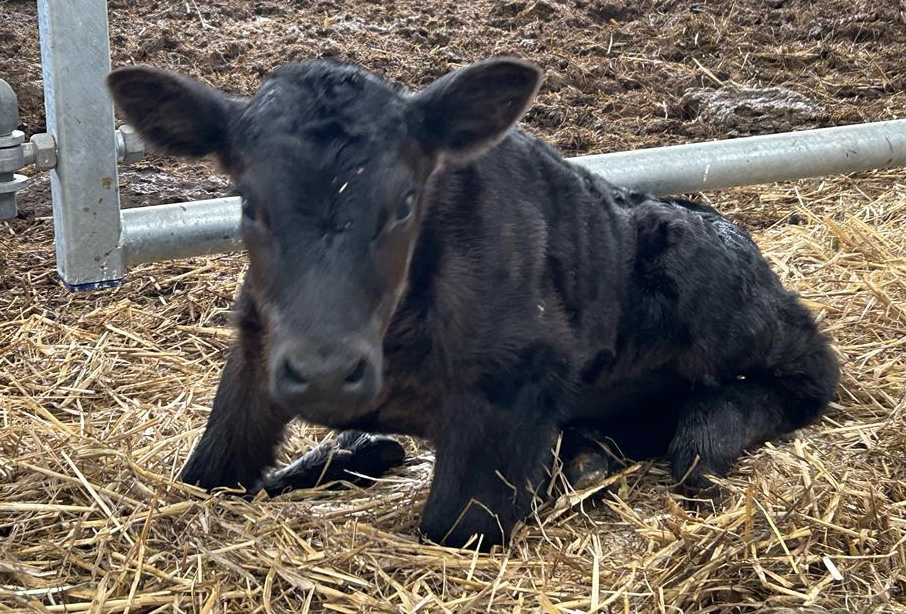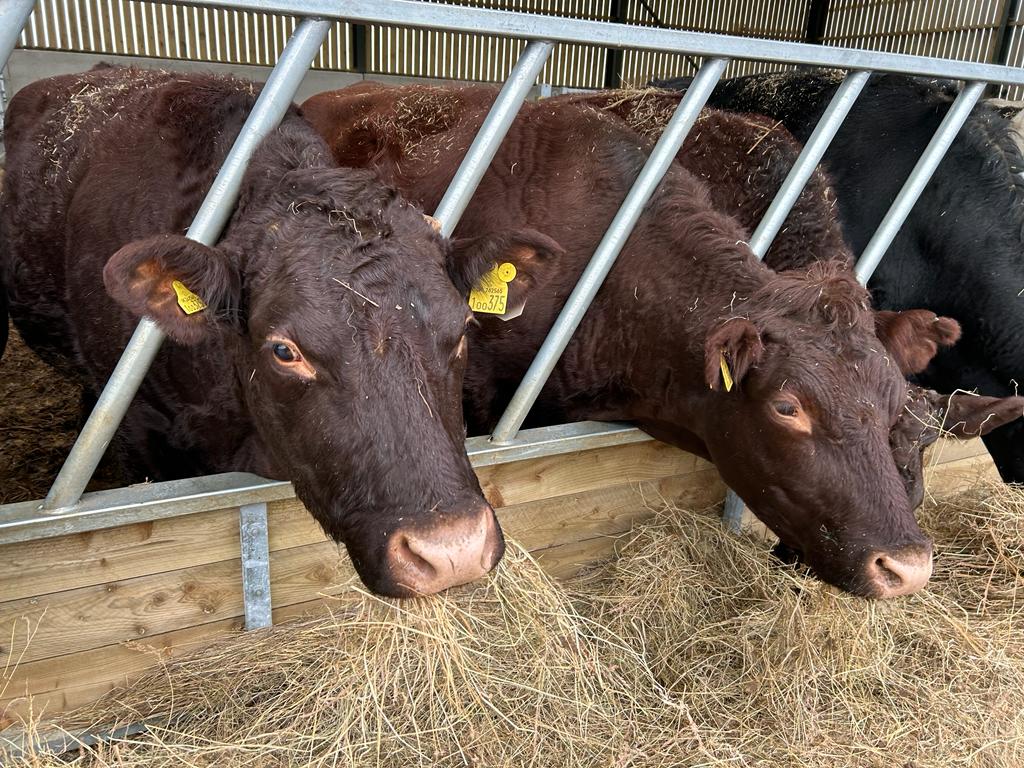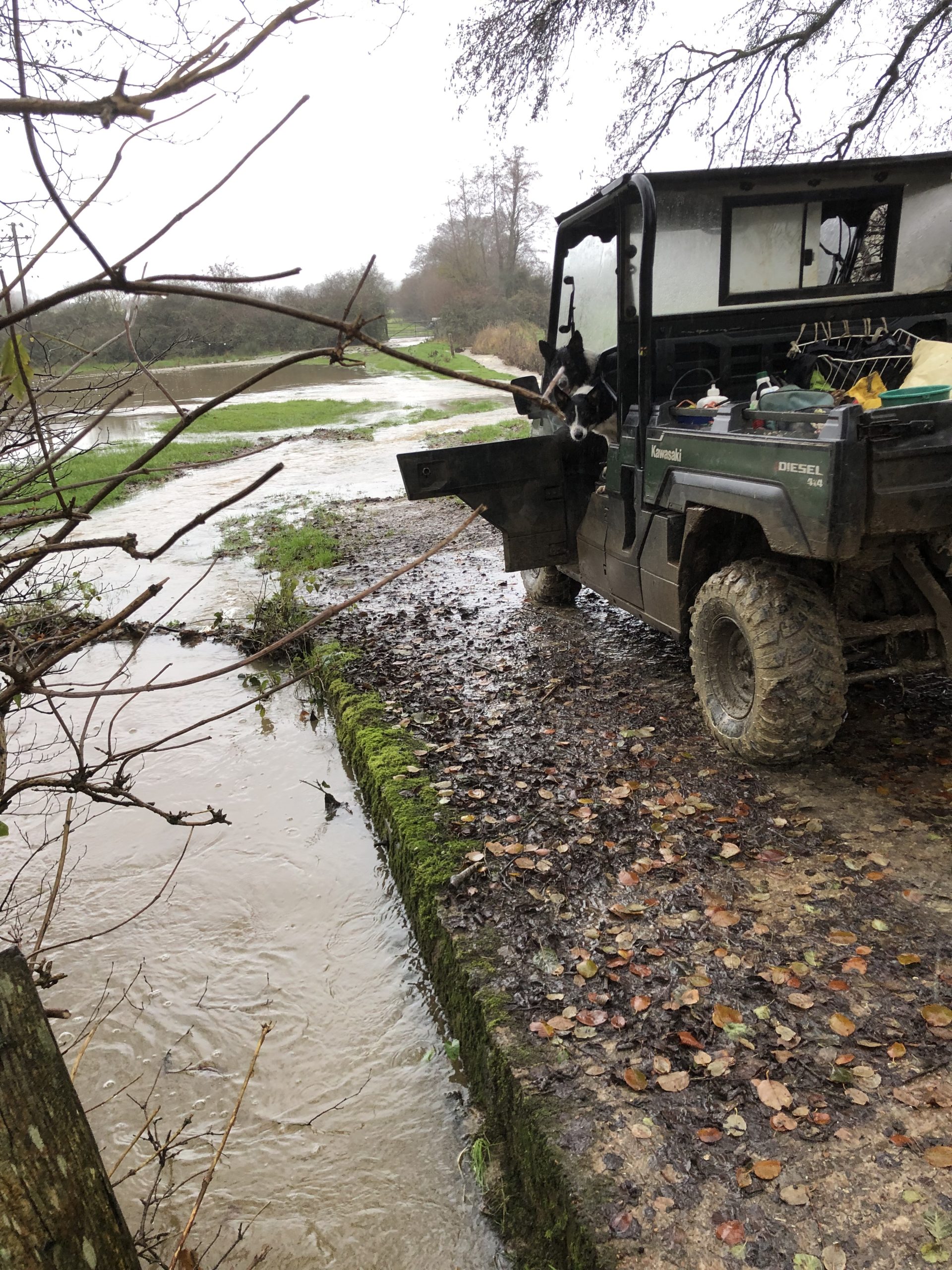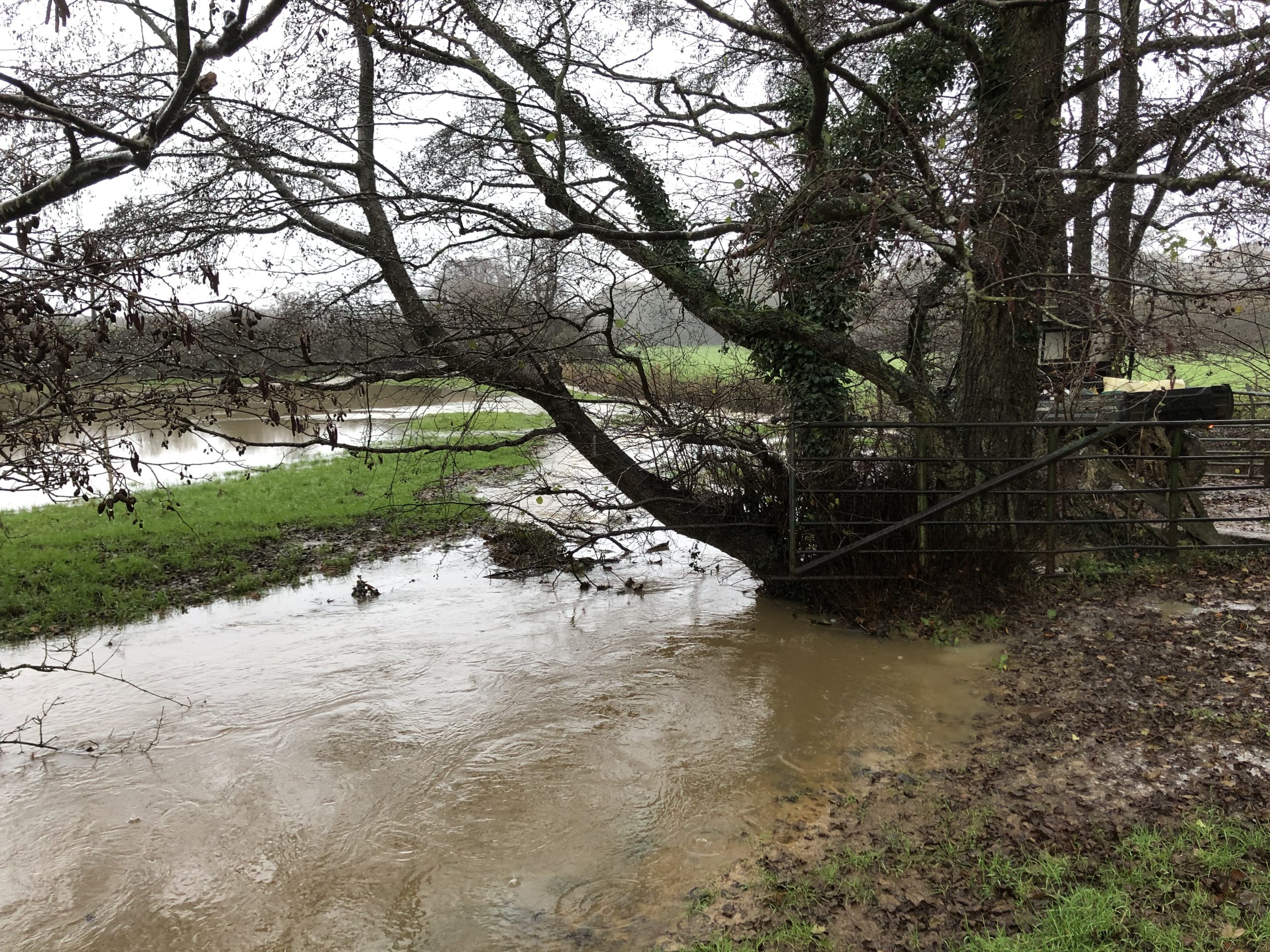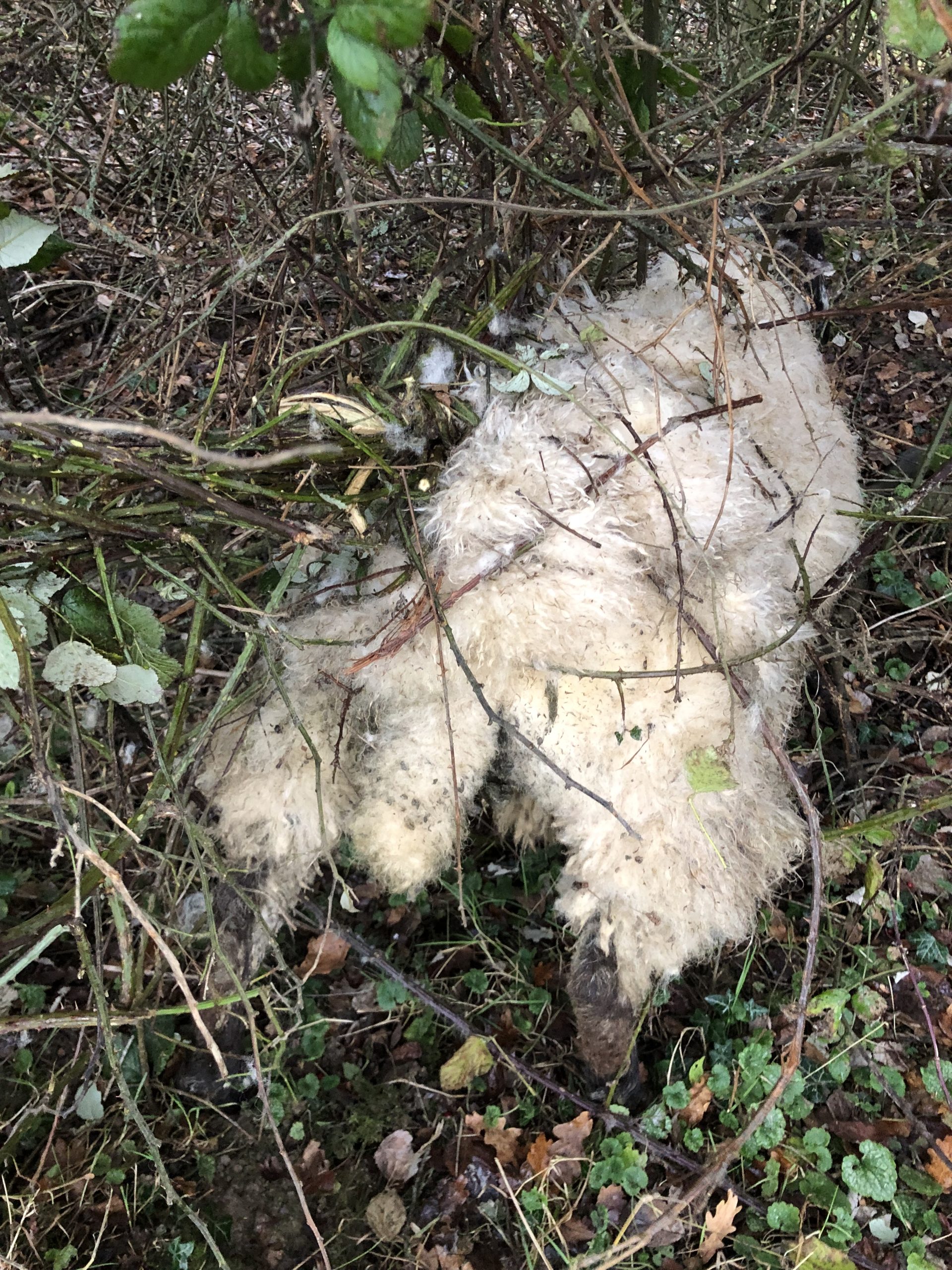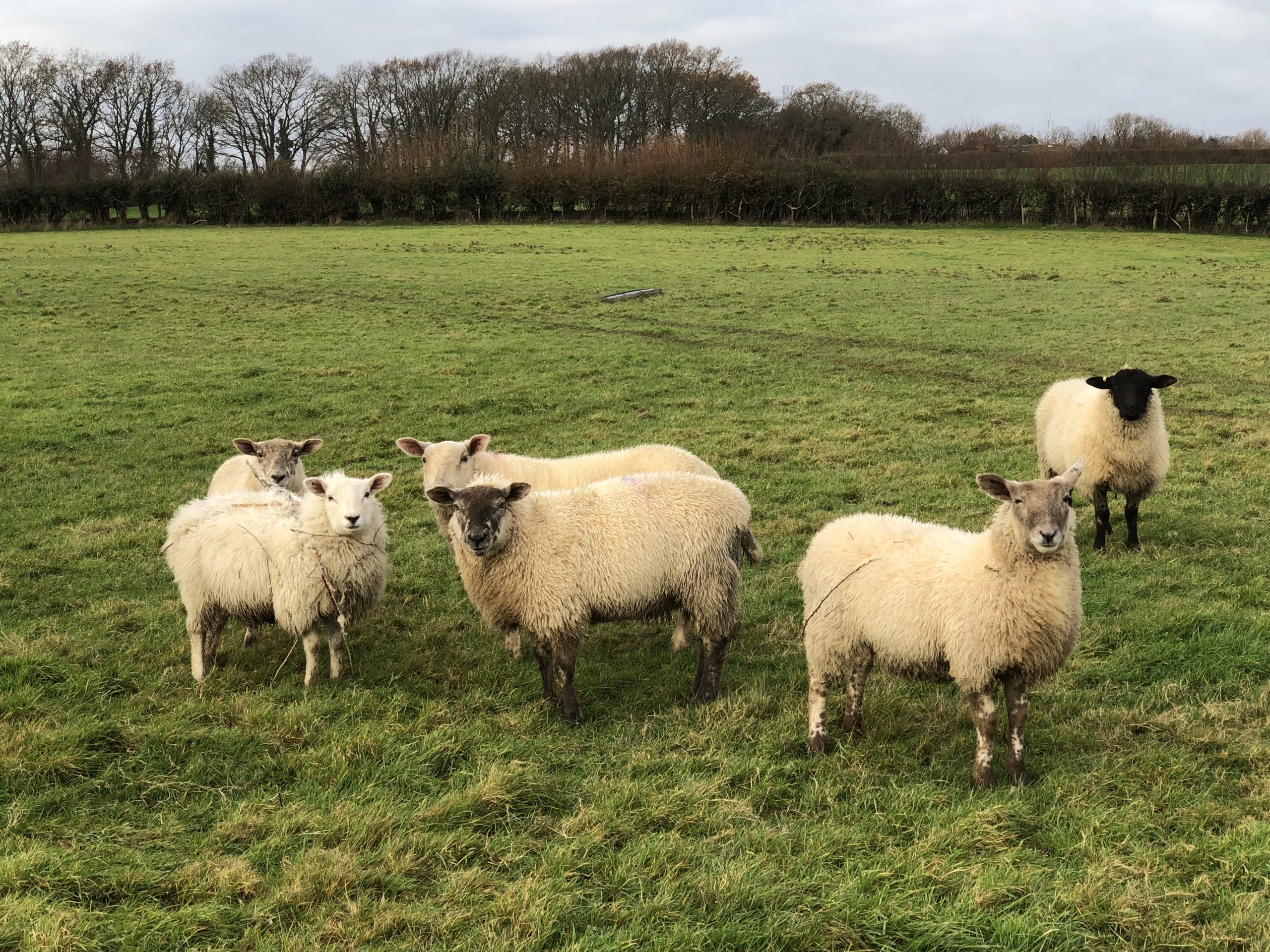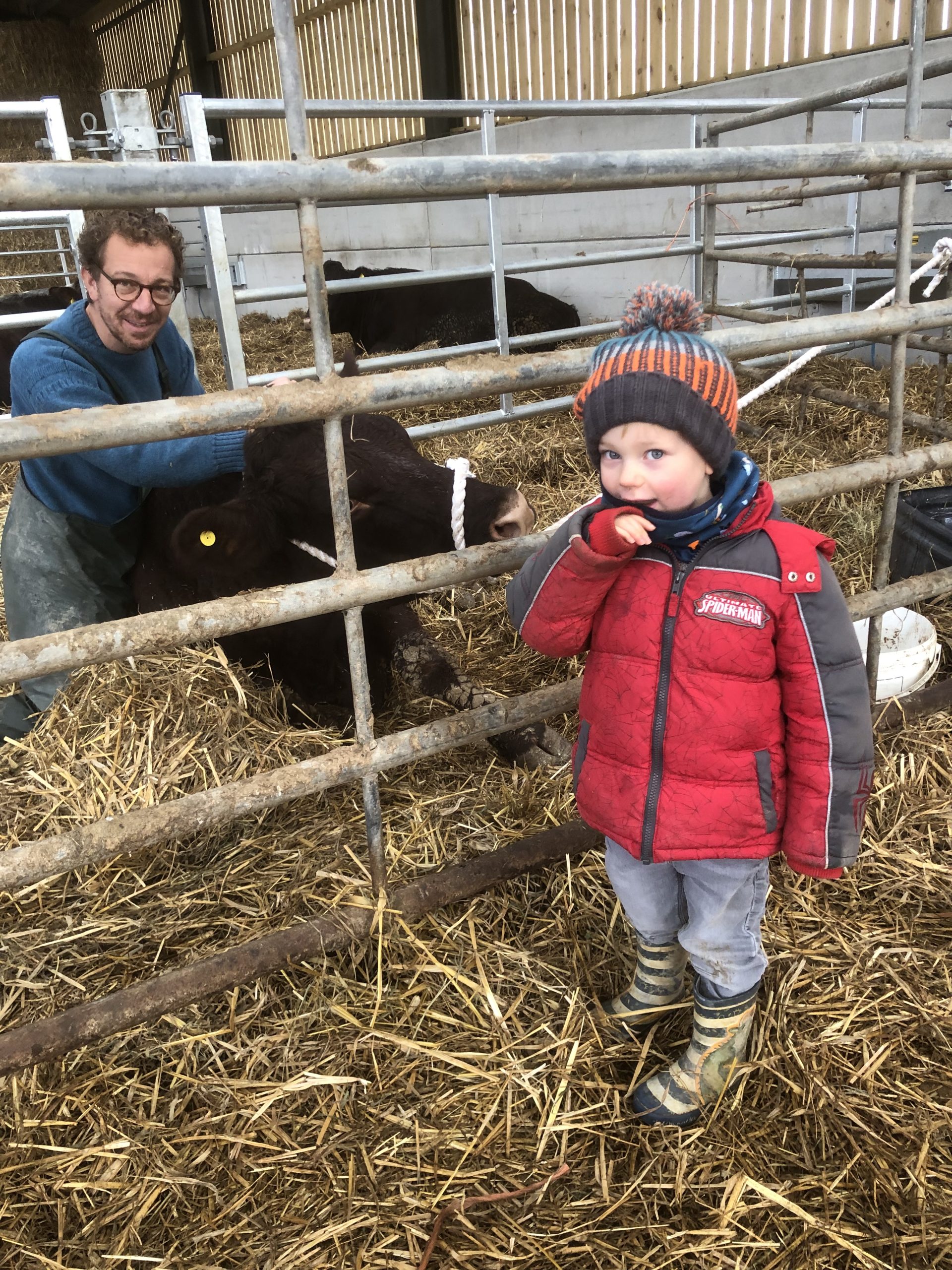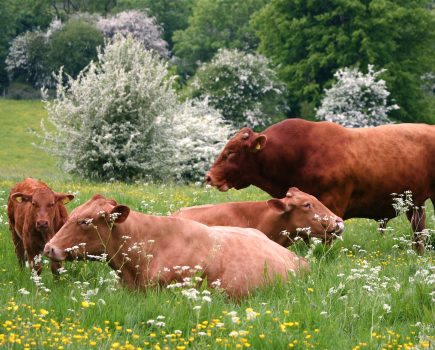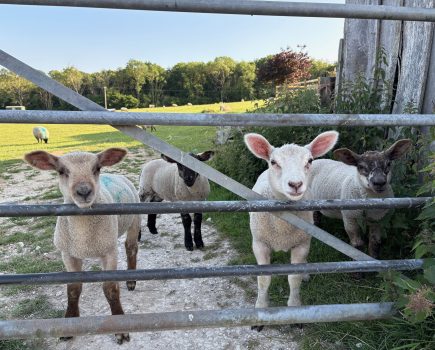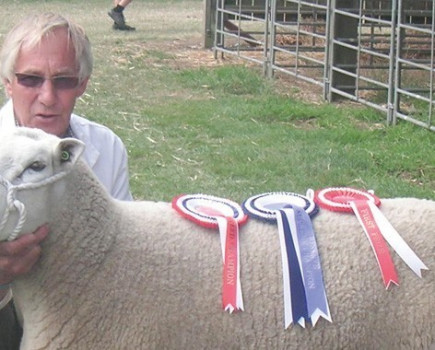I’m hoping 2024 is going to be a good farming year. Eternal optimism is essential in farming, along with bags of energy, a good work ethic, resilience and good humour, all helping to overcome our many challenges: weather, unpredictable animals, machinery breakdowns, record keeping, the demise of BPS and the arrival of the Sustainable Farming Incentive, rising costs etc., to name a few. Add in UK political chaos and global conflict and suddenly we find ourselves in a far from secure world, where nothing in life is certain.
DEFRA’s latest survey reckons farm business income in England rose 12% to £96,100 across all farm types in 2022-23. I find these figures hard to believe. It annoys me that farmers are constantly being told to diversify to make a living; no doubt the Government rubs its hands in glee because it stands to gain more tax.
Food is a basic human need; it takes investment and hard work to produce it. Surely, then, farmers deserve a fair business return. It’s frustrating that British food isn’t recognised as a public good.
The injustice of the financial implications of farming were highlighted to me while attending workshops run by The Royal Countryside Fund. When introductions were made, stating type of farming and sharing ambitions and aims, many group members claimed that they just wanted to cover costs, to stay in business. It’s a true reflection on our present situation that expectations are so low; it’s sad because it’s not right. The true value of food needs a higher profile.
COP28 devoted a day to talking about global food systems and promoting water security. There were discussions about shifting to net zero-aligned, nature positive food systems. Food waste was also under the spotlight. Disappointingly but inevitably, the media couldn’t resist reporting on ‘cow burps’ but neglected to mention that of the 85,000 participants who attended the conference, probably most of them flew there.
Back to the realities of farming. Our new building now has functioning water harvesting tanks. The internal gates and dividers are in place, but we’re awaiting the arrival of cladded end gates and a locking feed barrier.
Our cows that are due to calve 25 December onwards have moved into their five star accommodation. We’ve weaned and moved the larger group of March/April calving cows into another section in the barn. The calves remained in the old shed, so the following 48 hours were noisy. We were just relishing the advantages of the new facilities when other half spotted a cow looking “not quite right”.
I was about to cook dinner when I got a call to go and help. The cow had developed an uncoordinated gait, head held extended downwards, rapid breathing, slight drooling from the mouth, and a slight tremor. Her gut looked empty and her cow pats were firmer than usual. She looked uncomfortable.
We built a pen, administered pain relief/anti-inflammatory drugs, calciject and antibiotics. She wouldn’t drink and half-heartily looked at food. It was late before we got in. Not wanting to incur out-of-hours emergency costs, we called the vet in daylight hours.
In the morning Angus our (four year-old) grandson arrived to ‘help’ as both parents were busy. Amusingly the first question he asked in that matter of fact, black and white kind of way that children have, was: “Has the poorly cow died yet?” Angus clearly has the measure of farming.
I explained that a vet was coming to make the cow better. The vet approved of our treatment and administered further medication. To rehydrate the cow she used a special pump, (an impressive bit of kit) to give 60 litres of fluid. She warned that recovery could be slow and left instructions for further management.
The next day the cow looked brighter, taking a few slurps of water and swallowing small amounts of food when it was placed in her mouth. We still had to undertake the nerve-wracking task of tubing extra fluid into her. Later we observed her chewing her cud; maybe our efforts would be rewarded.
Meanwhile, overnight, a Sussex cow calved, a week early; the calf was up sucking and soon rushing about. It was all go, as cheese maker, expectant daughter Hazel, was admitted to hospital. I was in charge of collecting her daughter from nursery. I thought I’d plenty of time for checking lambs/hoggets, but typically one had managed to attach itself to brambles.
I went to cut it free, but quick as a flash it backed out, still attached, and rushed around behind me before running full pelt and taking me with it into the thicket. Rookie error; I should have thrown a coat over its head.
The sheepdogs on Shrek were fascinated as I extracted us both from the discomfort of brambles. I made it to nursery on time and later that evening was in the labour room. At 3.32am we welcomed my fifth grandchild into the world, a boy, Thomas. What a miraculous event new life is.
Back home stock work resumed. In your opinion, does “close the gate” sound remotely similar to “have a coffee break”? I don’t think so, but Nigel is trying to persuade me otherwise. I needed to move sheep along a country lane half a mile, so I asked the men to help for ten minutes and they agreed.
The dogs gathered the sheep by the gate, and we waited; no sign of my helpers. Eventually I enquired where they were. “Are you coming for coffee?” they innocently enquired. I said: “No, I’m moving sheep, waiting for your help.” Nigel replied: “You shouted something to me as you left, I’m sure you said coffee break.” Hmmmm – a convenient interpretation of “close the gate”.
Update on cow; looking brighter. That evening we attended to her needs, changed her position and placed a bale behind her for support. Next morning, she’d clearly attempted to get up, got herself onto her side and wedged herself under a gate. She was dead. Gutted. Waiting for the vet and disposal invoices to arrive. I’m working on a reply for Angus’s next question.
I’m told: “How you bounce back from adversity is the measure of success”.
Wishing you good health in 2024.
- Five star accommodation
- The new arrival
- Winter morning view from our bedroom
- Hope Shrek can swim; water water everywhere
- Winter flooding
- Hiding in the bramble thicket
- Fattening lambs
- Angus supervising uncle Nigel’s care of poorly cow

